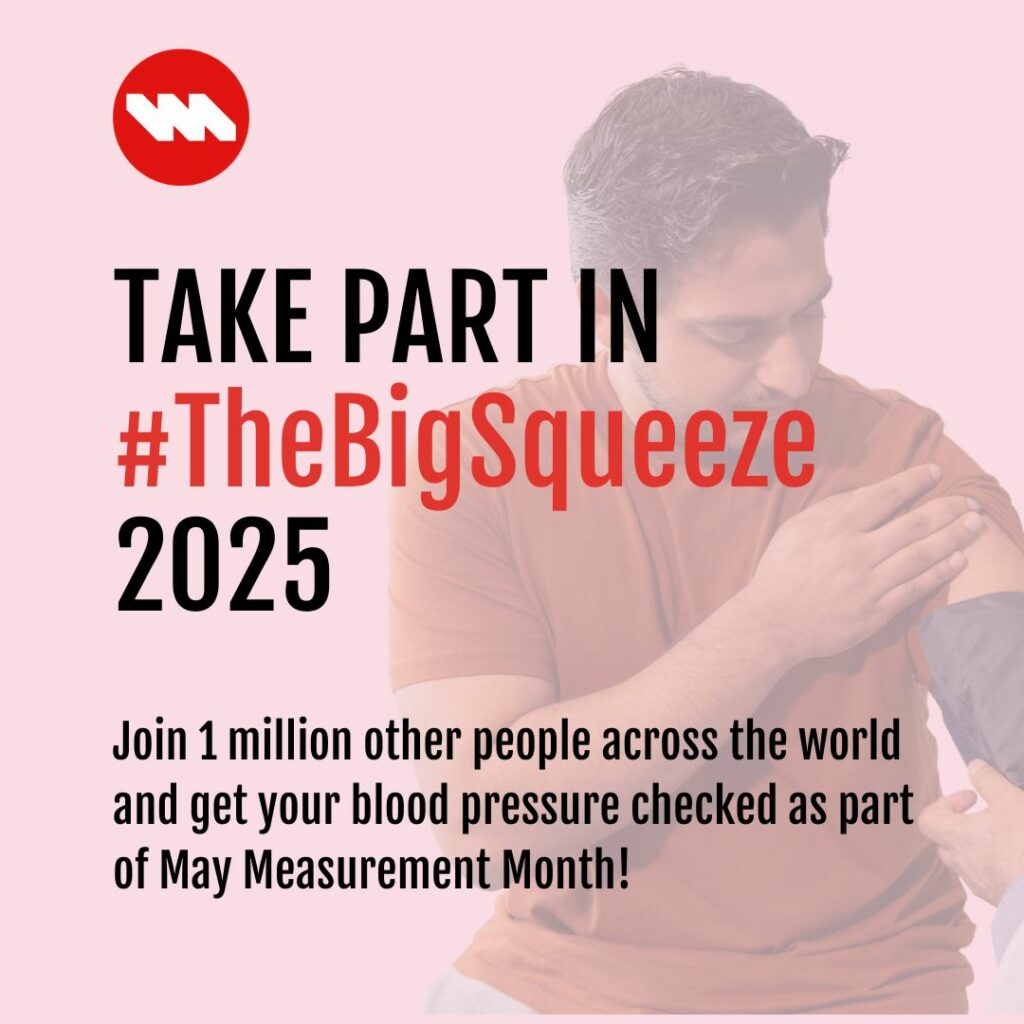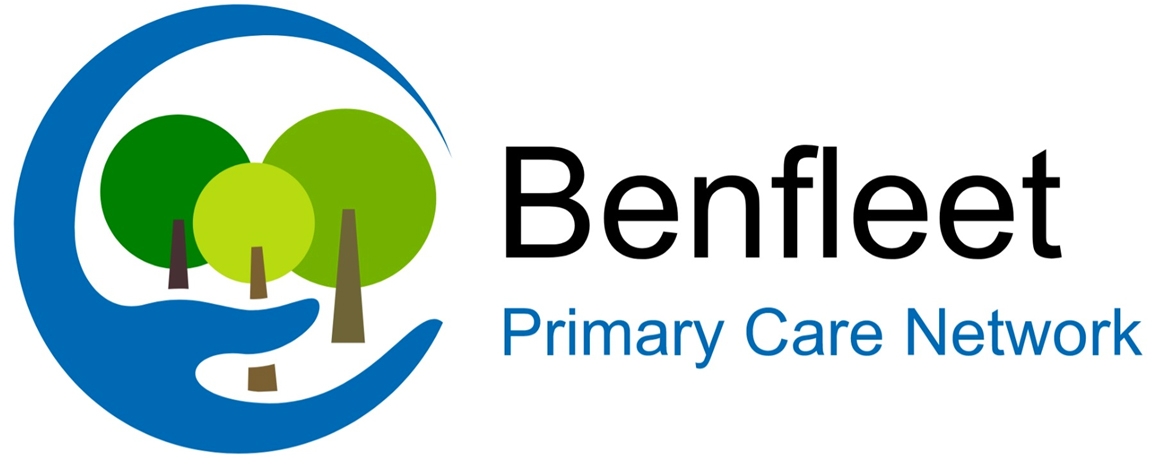Raised blood pressure is the number one cause of preventable death worldwide. We are improving awareness by helping people to get their blood pressure checked every May, completely free, all across the world.
With a quick arm squeeze, we could save millions of lives. Be a part of it. Join in #TheBigSqueeze!

High blood pressure has no symptoms, yet affects 1 in 3 adults worldwide. Many people walk around feeling perfectly fine while their blood pressure makes their heart work harder, which can lead to serious health issues.
This “silent killer” contributes to over 8.5 million deaths annually, yet most cases are completely preventable.
When was your last blood pressure check? A simple 5-minute check could save your life.
Blood Pressure Advice
Do You Understand What Your Blood Pressure Numbers Mean?
Your blood pressure reading has TWO important numbers:
- TOP NUMBER (Systolic): The pressure when your heart BEATS
- BOTTOM NUMBER (Diastolic): The pressure when your heart RESTS
Most people have blood pressure between 90/60 and 120/80. If your blood pressure is between 120/80 and 140/90, you may be at risk of developing high blood pressure in the future.
Blood pressure can fluctuate throughout the day, so regular monitoring is key. Home monitors are affordable and easy to use!
Your Stress Levels Might Be Raising Your Blood Pressure
That deadline stress, traffic frustration, or family tension doesn’t just affect your mood—it could be spiking your blood pressure too!
When you’re stressed, your body produces hormones that temporarily raise blood pressure by:
- Increasing your heart rate
- Constricting your blood vessels
- Causing your heart to pump harder
While occasional stress is normal, chronic stress keeps your body in “high alert” mode, potentially leading to sustained high blood pressure over time.
Try these 5-minute stress busters:
✓ Deep breathing: 4 counts in, hold for 2, 6 counts out
✓ Quick meditation: Focus on your breath and let thoughts pass
✓ Progressive muscle relaxation: Tense and release each muscle group
✓ Gratitude pause: List 3 things you’re thankful for right now
✓ Nature moment: Step outside for fresh air and natural scenery
Blood pressure tip: If you’re monitoring at home, wait until you’ve been relaxed for at least 5 minutes before taking a reading!
Why Monitoring At Home Could Save Your Life
White coat syndrome is real! Many people experience higher blood pressure readings at the doctor’s office due to anxiety.
Home monitoring gives you:
- A more accurate picture of your everyday levels
- The ability to track how lifestyle changes affect your numbers
- Early warning if your pressure is rising
- Valuable data to share with your healthcare provider
- Peace of mind between appointments
Tips for accurate home readings:
✓ Sit quietly for 5 minutes before measuring
✓ Use proper cuff size and positioning
✓ Keep your arm resting at heart level
✓ Measure at the same time each day
✓ Take 2-3 readings and record the average
5 Daily Habits That Could Be Raising Your Blood Pressure
What you do every day impacts your heart health more than you think:
- That extra pinch of salt in your meals
- Sitting for hours without movement breaks
- Those “just one more” drinks on the weekend
- Letting stress build up without healthy outlets
- Skipping your regular check-ups
Small changes add up! Try replacing ONE habit this week:
- Use herbs instead of salt
- Take a 10-minute walk after meals
- Replace one alcoholic drink with sparkling water
- Practice 5 minutes of deep breathing daily
- Schedule that overdue blood pressure check
Could Better Sleep Lower Your Blood Pressure?
Here’s a health hack that requires zero effort: Quality sleep is essential for healthy blood pressure!
Poor sleep disrupts this pattern, potentially keeping your blood pressure higher for longer periods.
Try these sleep-friendly habits:
- Maintain a consistent sleep schedule (even on weekends)
- Create a relaxing bedtime routine
- Keep your bedroom cool, dark, and quiet
- Limit screen time 1 hour before bed
- Avoid caffeine after noon and alcohol near bedtime
- Address sleep apnea if you snore heavily (it’s strongly linked to high BP!)
Next time you check your blood pressure, note how well you slept the night before. You might see a connection!
